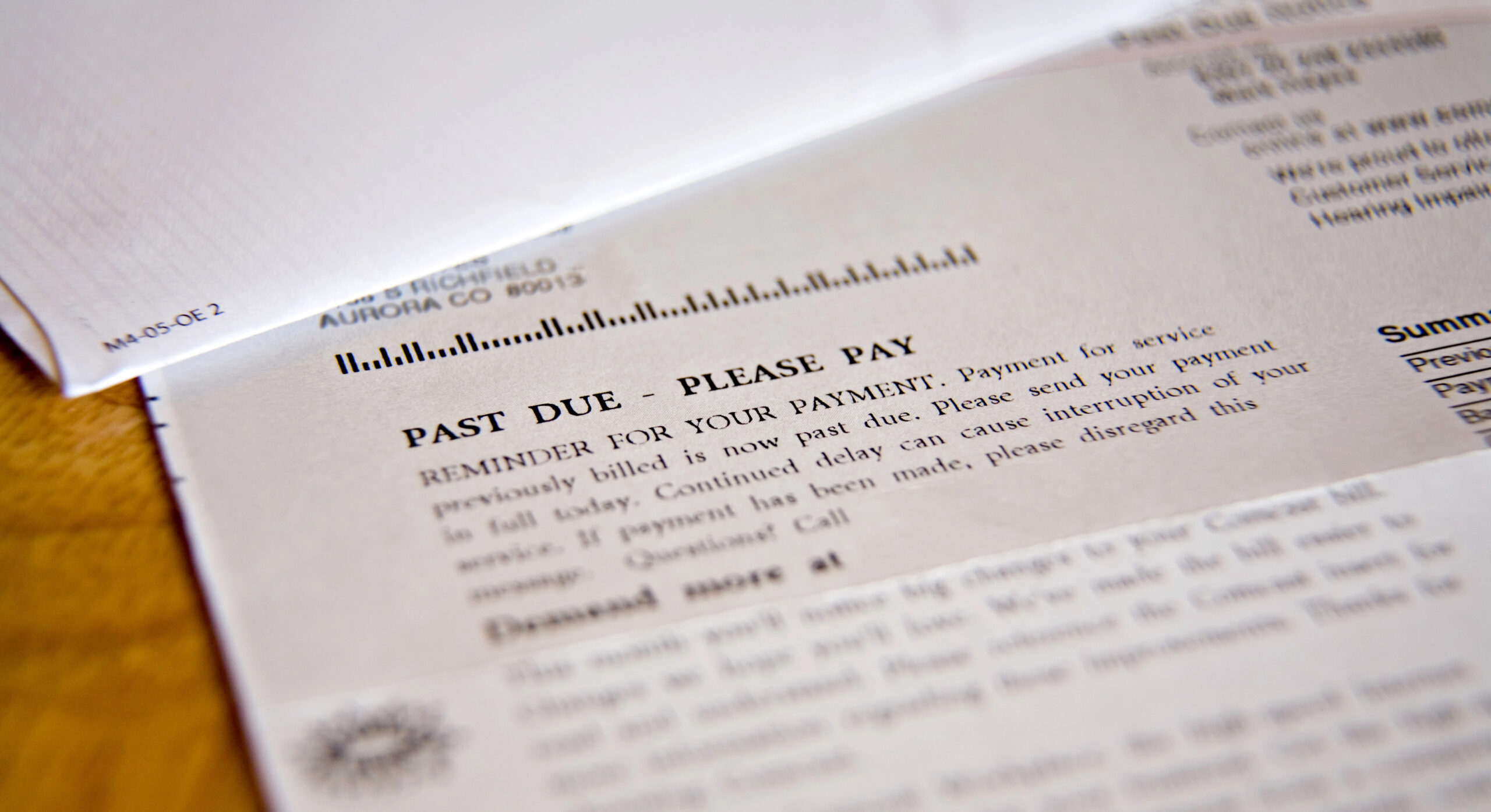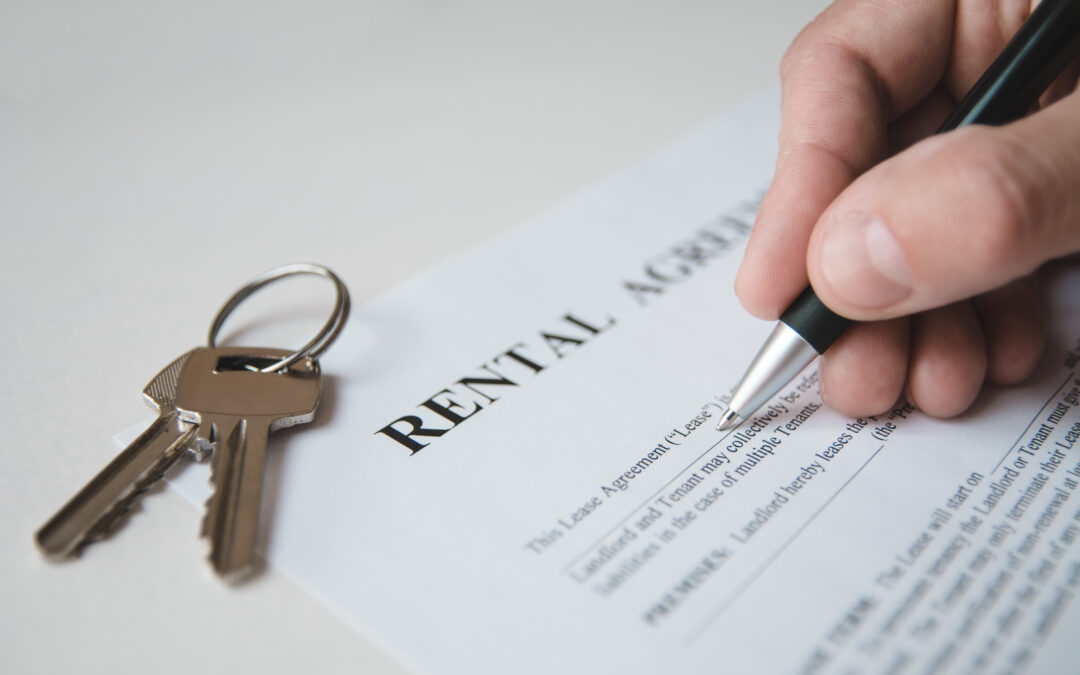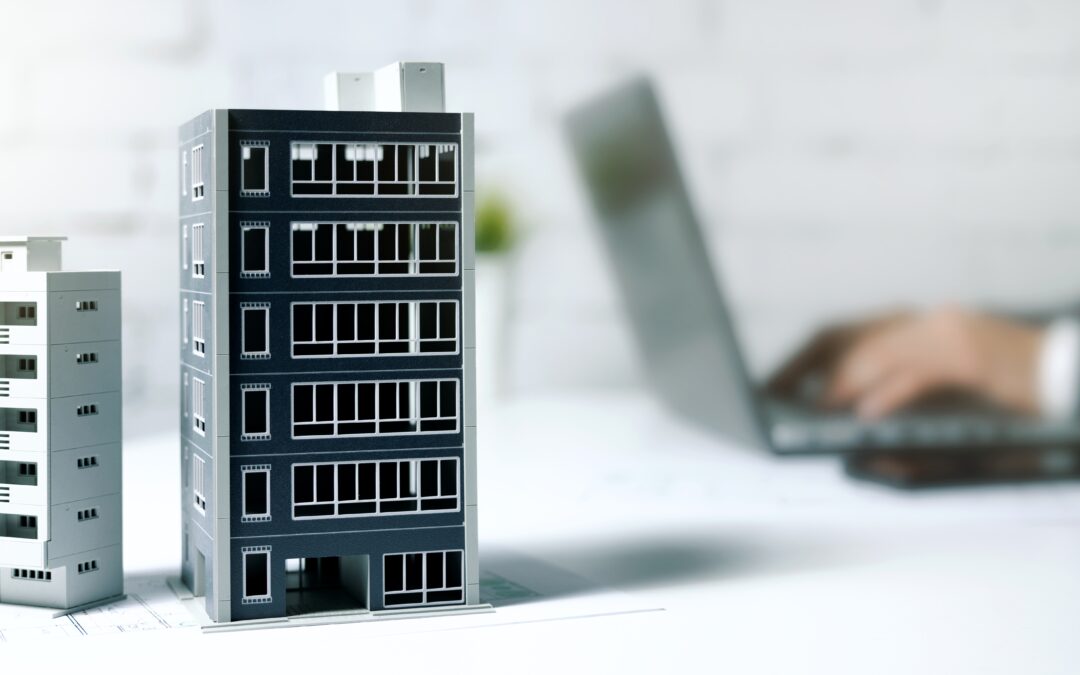One of the most significant issues that businesses in construction, manufacturing, and supply chain industries face is unpaid invoices for materials supplied. When a company supplies materials to another business or individual and is not paid as agreed, it can create severe financial difficulties. So, what options are available when your business has delivered materials, but the payment never arrives? One of the most powerful options is filing a lawsuit to recover the money owed.
Let’s explore whether a company can sue over unpaid materials, the legal processes involved, and the steps businesses can take to ensure they have the best chance of recovering the debt. We’ll also touch on how partnering with professional debt collection services can help streamline the process.
The Legal Basis for Suing Over Unpaid Materials
The short answer is: yes, a company can sue for unpaid materials. This falls under the broader category of material breach of contract. When a business supplies materials based on a contract, whether it’s formal or informal, there is a legal obligation for the buyer to pay for the materials provided. If payment is not made, the seller has the right to take legal action to recover the outstanding amount.
To bring a successful lawsuit, the supplier must demonstrate that:
- A valid contract or agreement existed between the parties
- The materials were delivered as agreed
- The payment was due but not made
It’s important to note that the formality of the contract may vary. Even verbal agreements can be enforceable in court, though written contracts provide much stronger evidence. In some industries, like construction, purchase orders or delivery receipts might be used as proof that materials were supplied and payment is required.
Material Breach of Contract and Legal Remedies
When a client fails to pay for materials delivered, this constitutes a material breach of contract. The supplier may be entitled to sue for damages, which typically include the full value of the unpaid materials, as well as any additional costs incurred, such as legal fees, interest, and in some cases, lost profits.
Filing a Lawsuit for Unpaid Materials
To initiate legal proceedings, the first step is to file a complaint in the appropriate court. This complaint will detail the nature of the agreement, the materials supplied, and the unpaid amount. The court will require evidence that supports the supplier’s claim, such as:
- Contracts or purchase orders
- Proof of material delivery (e.g., shipping receipts, invoices)
- Communication between the buyer and seller
Once the complaint is filed, the court will serve the defendant (the buyer) with notice of the lawsuit. The defendant will then have an opportunity to respond or contest the claim. If the buyer does not contest, a default judgment can often be awarded in favor of the supplier. If the buyer disputes the claim, the case will proceed through the court process, which may include discovery (gathering evidence) and potentially a trial.
Mechanic’s Liens as an Alternative Legal Remedy
In certain industries like construction, another powerful tool is the mechanic’s lien. A mechanic’s lien allows contractors, subcontractors, and suppliers to place a legal claim against the property they worked on or provided materials for if they are not paid.
Small Claims Court for Lower Amounts
If the unpaid amount is below a certain threshold, filing in small claims court may be the best option. Small claims courts handle disputes involving relatively small amounts of money, typically under $10,000, depending on the state. The process in small claims court is quicker and less formal than in higher courts, and businesses can often represent themselves without an attorney, saving legal fees.
Challenges in Suing Over Unpaid Materials
While businesses have the right to sue for unpaid materials, there are some challenges involved:
- Time and Costs: Lawsuits can be time-consuming and costly. Legal fees, court costs, and the time it takes to resolve the case can outweigh the amount owed, especially if the unpaid amount is relatively small.
- Defenses from the Buyer: In some cases, the buyer may raise defenses to avoid payment. For example, they might argue that the materials were defective or that the supplier breached the contract in some other way. In such cases, it will be essential to provide solid documentation proving that the materials were delivered as promised and that the buyer is responsible for payment.
- Collection After Judgment: Even if the supplier wins the case, collecting the judgment can be another hurdle. Some buyers may hide assets or refuse to pay, requiring additional legal actions like wage garnishments or property liens to enforce the judgment.
How NPG Associates Can Help Recover Unpaid Materials
At NPG Associates, we specialize in helping businesses recover unpaid invoices for materials, whether through debt collection services or legal action. Our team of experts has extensive experience in working with clients across various industries, particularly in construction and manufacturing, to ensure they recover what they are owed.
Here’s how we can help:
- Pre-Litigation Collections: Before escalating to a lawsuit, our team can work on your behalf to communicate with the buyer and attempt to recover the unpaid materials through negotiation and formal demand letters.
- Legal Expertise: If legal action is necessary, we collaborate with skilled attorneys to file lawsuits and pursue the matter in court. We will ensure that all documentation is in order, from contracts to delivery receipts, to strengthen your case.
- Mechanic’s Liens: For clients in the construction industry, we can assist in filing mechanic’s liens to give you added leverage in collecting what is owed.
Partnering with NPG Associates ensures you have the expertise and support needed to recover unpaid materials efficiently, minimizing the disruption to your business’s cash flow.
Key Takeaways for Suing Over Unpaid Materials
Suing for unpaid materials is a legal option that companies can pursue when clients fail to pay for goods delivered. Whether through material breach of contract lawsuits, mechanic’s liens, or small claims court, businesses have several legal avenues to recover outstanding payments. While there are challenges involved, having proper documentation and legal support can increase your chances of success.
NPG Associates provides the expertise and services to help businesses in these situations, ensuring you recover the debt owed to you while minimizing the risks and costs associated with litigation. Contact us to learn more about how we can help your business with unpaid invoices and other debt recovery needs.





